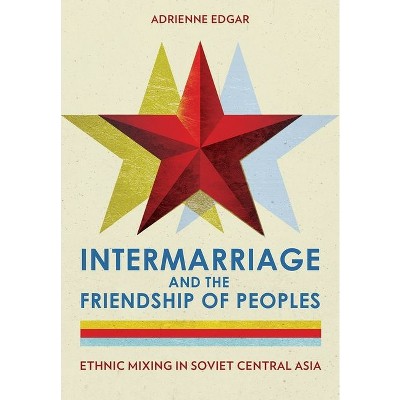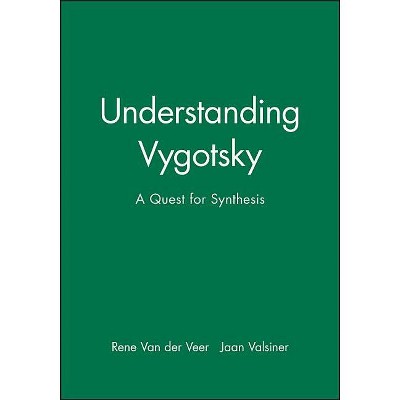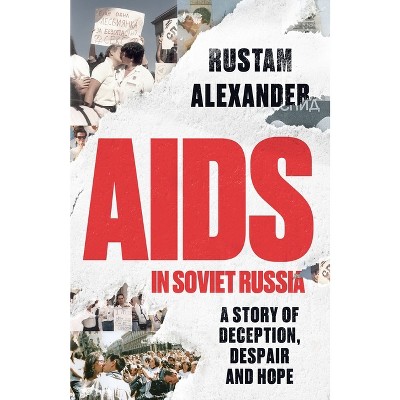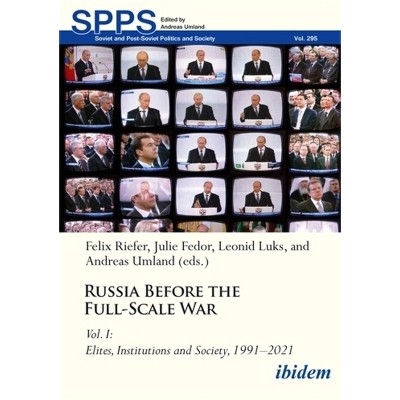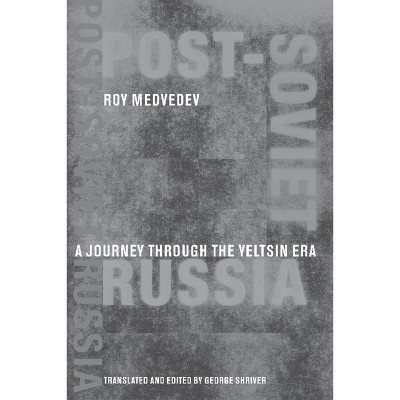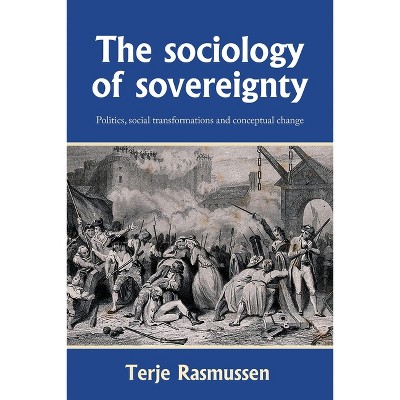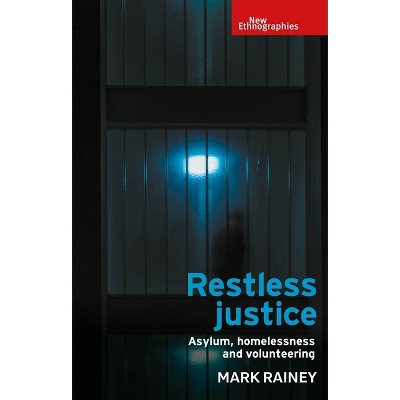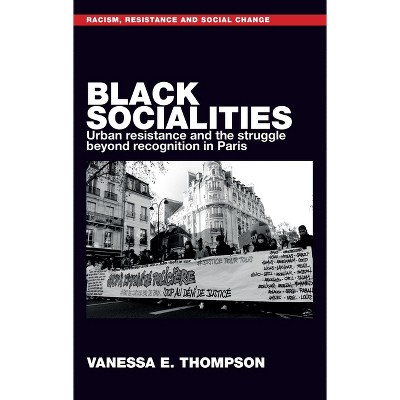Sponsored

The Urban Life of Workers in Post-Soviet Russia - by Alexandrina Vanke (Paperback)
Pre-order
Sponsored
About this item
Highlights
- Despite the intense processes of deindustrialisation around the world, the working class continues to play an important role in post-industrial societies.
- About the Author: Alexandrina Vanke is a Senior Research Fellow at the Federal Centre of Theoretical and Applies Sociology of the Russian Academy of Sciences in Moscow
- 256 Pages
- Social Science, Sociology
Description
About the Book
This book provides a novel approach towards the urban life of working-class communities, using the example of Russia's post-industrial cities. Focusing on the sensual, imaginary and practical aspects of everyday struggles, this approach helps explain how workers produce micro-change in urban space under neoliberal neo-authoritarianism.Book Synopsis
Despite the intense processes of deindustrialisation around the world, the working class continues to play an important role in post-industrial societies. However, working-class people are often stigmatised, morally judged and depicted negatively in dominant discourses.
This book challenges stereotypical representations of workers, building on research into the everyday worlds of working-class and ordinary people in Russia's post-industrial cities. The urban life of workers in post-Soviet Russia is centred on the stories of local communities engaged in the everyday struggles that occur in deindustrialising settings under neoliberal neo-authoritarianism. The book suggests a novel approach to everyday life in post-industrial cities. Drawing on an ethnographic study with elements of arts-based research, the book presents a new genre of writing about workers influenced by the avant-garde documentary tradition and working-class literature.From the Back Cover
'Vanke's research is as timely as it is painstaking. She effortlessly reveals the hidden life of political engagement and deep content of ordinary people's lives in this pathbreaking new ethnography of Russia.'
--Jeremy Morris, Professor of Global Studies, Aarhus University
--Mike Savage, Professor of Sociology, London School of Economics 'Drawing on a creative mix of Bourdieu, intersectionality theory and feminist geography, this deep study of postindustrial workers in contemporary Russia will challenge and enrich your views of class, everyday politics and the city.' -- Loïc Wacquant, Professor of Sociology, University of California, Berkeley 'Vanke aims to counter dismissive attitudes toward subordinate groups by showing how they resist a hostile neoliberal world in multiple creative ways.' --Claudio Morrison, Middlesex University In post-industrial societies, the dominant system of cultural signification reproduces an image of workers as relics of the past - passive, weak and backward. This ethnographic study breaks these stereotypes. Exploring the urban life of working-class people in major Russian cities, the book offers a novel approach to the everyday struggle of local communities in deindustrialising settings. Drawing on rich multi-sensory data, the author argues that workers are actively engaged in a wide range of practical activities in their industrial neighbourhoods and post-industrial cities. In Russia, this engagement - mediated by Soviet and post-Soviet structures - allows workers to form political and practical class consciousness under a neoliberal neo-authoritarian regime that restricts public protest. The approach to urban life elaborated in the book provides fresh insight into the sensual, imaginary and practical aspects of everyday struggle, revealing the mechanisms of inequality that working-class communities experience in city space and society. This multi-sited ethnography with elements of arts-based research revitalises our understanding of class feeling, deindustrialisation, inequality, struggle and resistance, and contributes to debates about creative forms of everyday resistance and the role of the working classes in social change.
Review Quotes
'This excellently crafted qualitative study demonstrates how class is a powerful affective force in contemporary Russian society. Alexandrina Vanke is to be congratulated on her subtle and wide ranging theoretical reflexivity and for her sensitive and empathetic approach.'
Mike Savage, Professor of Sociology, London School of Economics
Jeremy Morris, Professor of Global Studies, Aarhus University 'Drawing on a creative mix of Bourdieu, intersectionality theory and feminist geography, this deep study of postindustrial workers in contemporary Russia will challenge and enrich your views of class, everyday politics and the city.'
Loïc Wacquant, Professor of Sociology, University of California, Berkeley 'Through a multidimensional analysis of "workers' urban life and everyday struggles", Alexandrina Vanke aims to counter dismissive attitudes toward subordinate groups by showing how they resist a hostile neoliberal world in multiple creative ways. Rejecting notions of "Russian workers' patience" based on narrow understandings of class conflict in terms of industrial conflict, the author provides examples of creative resistance inspired by a practical consciousness embedded in class-based imaginaries that reveal their awareness of a deeply divided and unequal social structure.'
Claudio Morrison, The Russian Review 'Vanke succeeds in making the case that despite popular stereotypes, Russia's workers are not passive or slumbering. They are actively engaged in everyday struggle. This, combined with the creative methodologies employed, is the main strength of the work. On the whole, the book provides a humanizing close-up of post-Soviet Russian workers actively shaping their lives and surroundings in their specific urban context.'
International Sociology 'Vanke's book is an example of immersive, prolonged ethnography enriched by creative methodologies and a deep engagement with the lived experiences of Russia's urban working class.'
Viktoria Kobzeva, CEU Review of Books '... by delving into the messy linkages between imaginations of the past, present and future, the book opens up a different terrain of thinking about political action - one often overshadowed by elite politics. At its core, it underscores the idea that resistance can never be confined to those who explicitly gather and act in its name.'
Arpita Rachel Abraham, Doing Sociology
'One of the main achievements of the book lies in its successful attempt to re-discuss the concept of class. In fact, on a theoretical level, Vanke effectively shows how class in Russia means something different when compared, for example, to Western societies.'
Mitja Stefancic, Network magazine by the British Sociological Association '... a theoretically rich, empirically grounded contribution to the sociology of class and urban life in authoritarian contexts. It equips readers with a lens to move beyond dominant narratives that cast Russian society as politically apathetic or passive and instead calls for a more attentive exploration of the everyday struggles of subordinate groups.'
Anna Shadrina, Sociology Claudio Morrison
About the Author
Alexandrina Vanke is a Senior Research Fellow at the Federal Centre of Theoretical and Applies Sociology of the Russian Academy of Sciences in MoscowShipping details
Return details
Frequently bought together
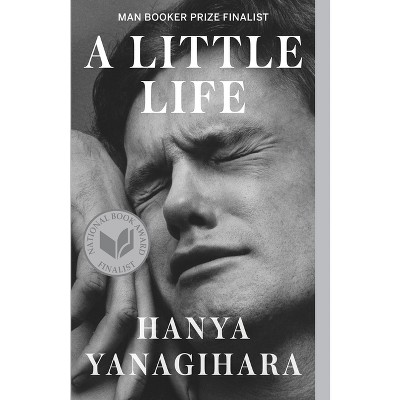

Trending Non-Fiction







